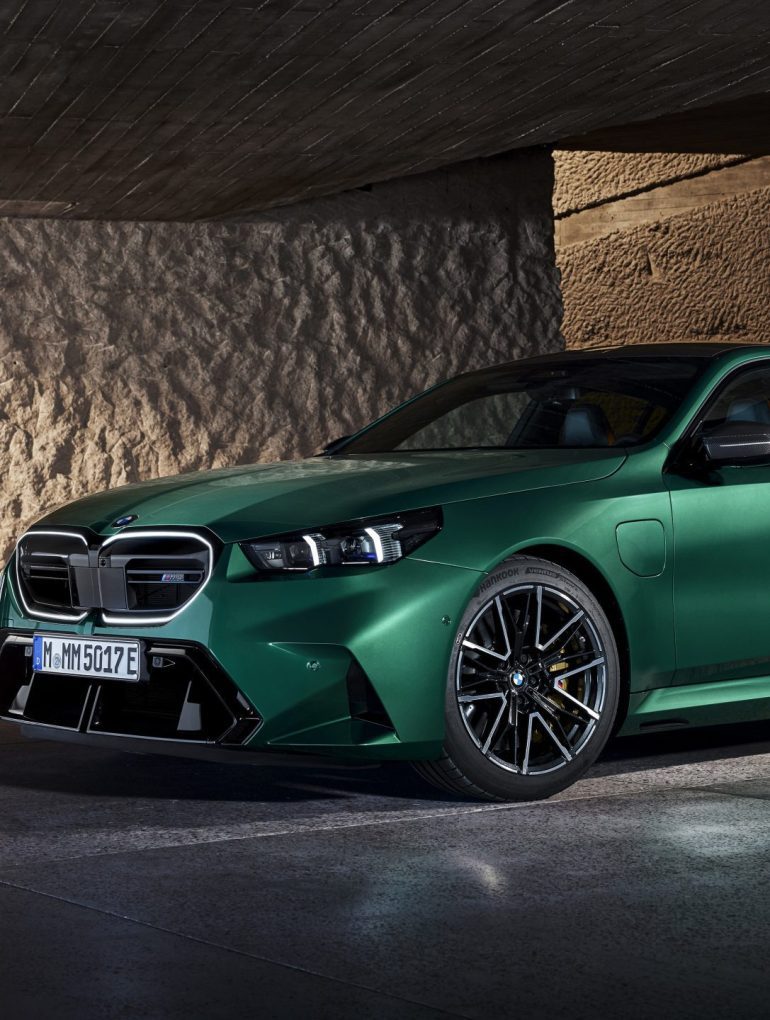Cars just keep getting bigger. It’s something we’ve come to quietly accept over the decades, with the understanding that along with this, comes improvements to performance, refinement, tech and safety.
Even hardliners will find it difficult to poke holes in what the modern sports car embodies today. Sub 3-second 0-60 mph times on the regular. Active suspension and aerodynamic elements becoming the standard fare. Advanced traction control systems linked with super-computer-like ECUs. Safety features that were once only imagined in 20th century sci-fi movies. Remarkable versatility for road and track use. It’s all very fast, it’s all very safe, and it’s all very good.




